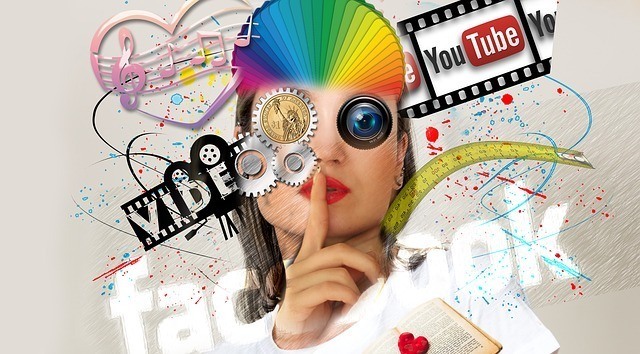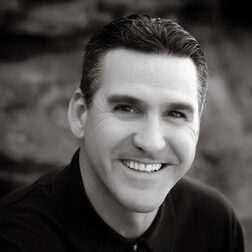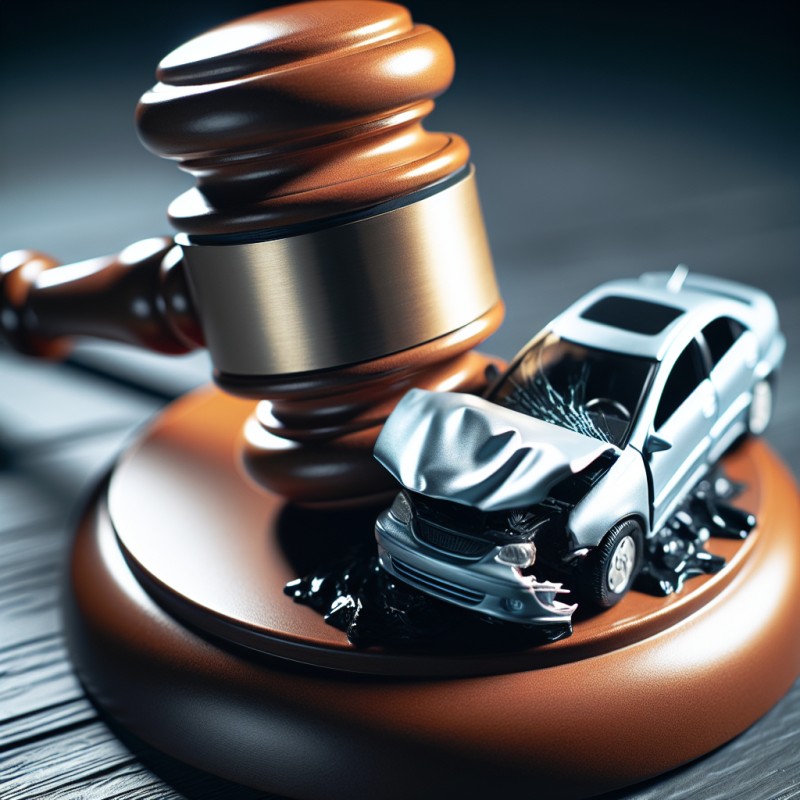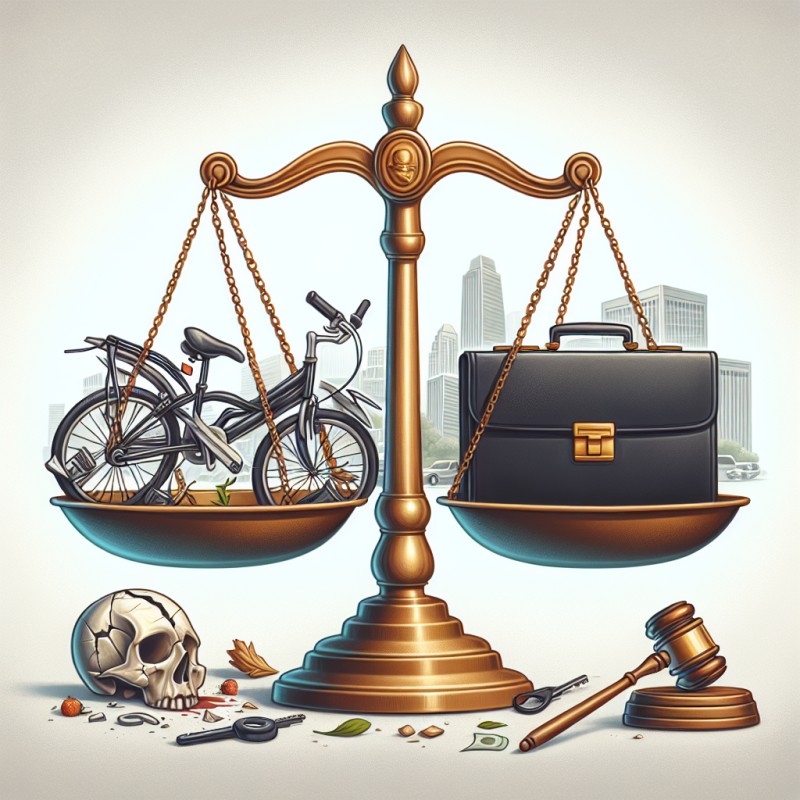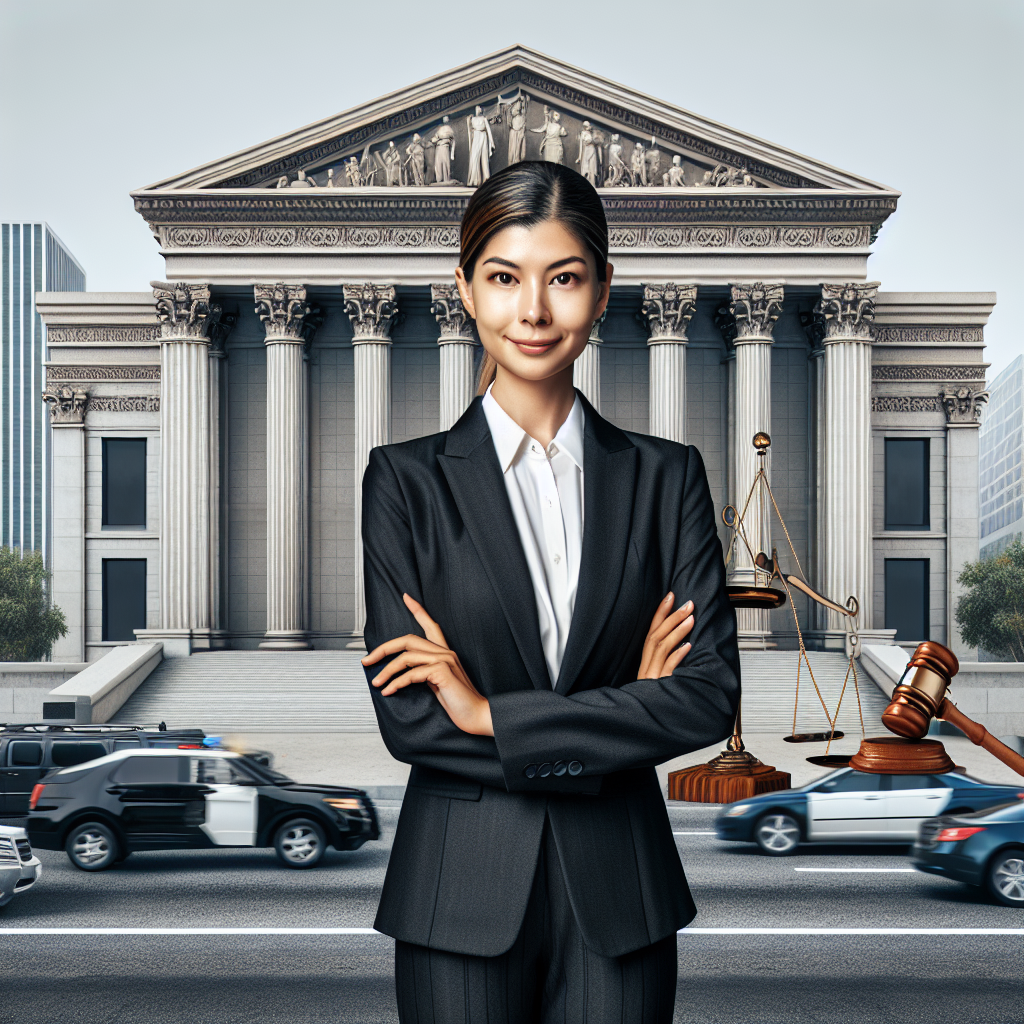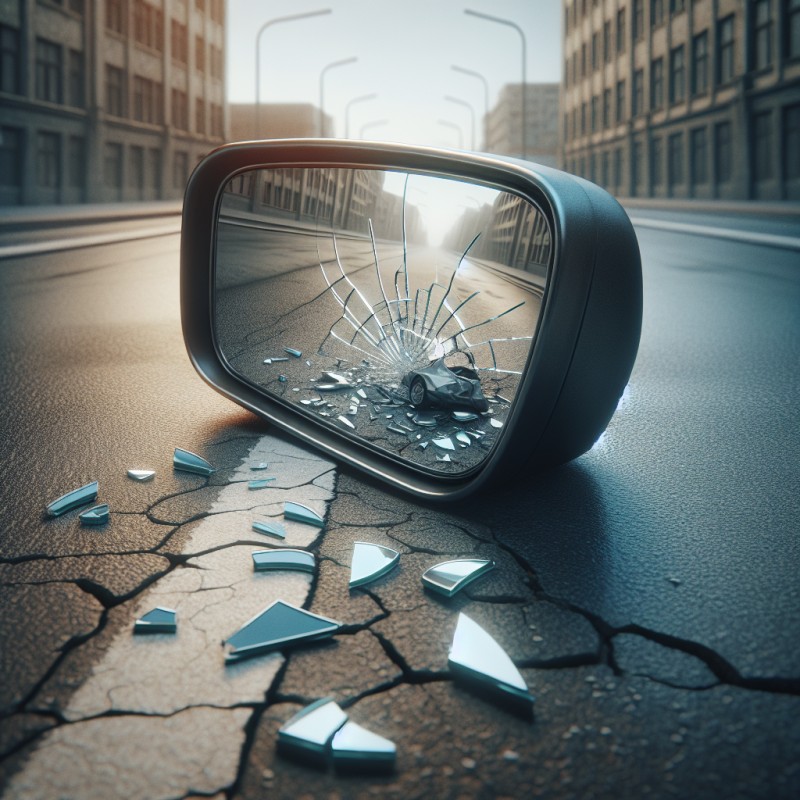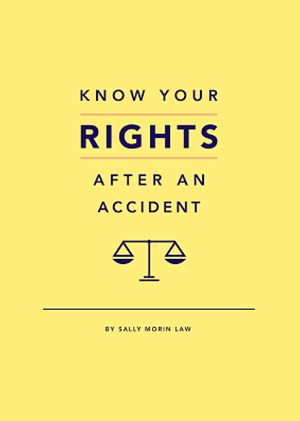How Social Media Can Destroy Your Personal Injury Claim
While your cellphone may be able to help you with a personal injury accident after an accident, it’s not by posting to social outlets. If you’ve just been in an accident, your first instinct may be to Tweet about it, snap a photo for Instagram, or go Live on Facebook. You want to let all your friends and family know about it. But, because social media is such a public forum, your post lets the whole world know about your personal injury claim. And that can be very bad for you in the long run. Indeed, posting on social media after a crash can hamstring your attempts to seek compensation for you injuries.
It can also dramatically reduce the monetary value of any personal injury claim you may be able to bring.
Let’s set the record straight: social media won’t harm your personal injury claim by itself. But the people who have access to that social media could. If you think that friends and family are the only ones who have access to your social feeds, you’re wrong. Even if your Tweets are protected and your Facebook security settings are maxed out, “interested parties” have ways of accessing those posts.
For ways that social media can actually HELP your personal injury claim, check out our other article on this topic.
What Impact Does Social Media Have on Your Personal Injury Claim?
Personal injury claims are designed to help victims overcome the financial difficulties presented by injuries and property loss associated with traffic accidents. The system was created so victims can fairly be compensated for the hardship they’ve been put through. But, the process isn’t automatic and it’s not always fair.
Insurance claims adjusters, defense attorneys, and even other parties involved in your accident will do whatever they can to minimize their own liability and decrease the amount they have to pay you.
That process includes using anything you’ve said against you. That’s why personal injury attorneys recommend victims only give bare essentials when it comes to describing accidents (the date, location, and contact info).
If you admit any liability —even by saying “I crashed my car”—it hurts your case.
When you demonstrate remorse (even by simply saying “I’m sorry”) sadly it might suggest liability.
Doing anything to suggest that you’re not as injured as you actually are (like saying something as innocuous as “I’m doing alright.”)—your settlement will be reduced.
If you say anything negative against any party involved (including insurance companies) it demonstrates vindictiveness on your part.
Basically anything you post on social media is going to do one or more of those things. And—even if it doesn’t—somebody could potentially skew your post so it looks as if you did.
Why Social Media is So Risky
If you don’t already know this, you have NO RIGHT TO PRIVACY on social media!
Not only can “interested parties” (like opposing attorneys and insurance adjusters) easily find you on social media, they can access anything you post.
While emails and text messages are legally protected documents (usually requiring warrants to collect), social media posts have no such protections. Indeed, social postings are legally considered public statements—as if you’re shouting from the roof top.
And while setting your privacy and security settings higher does make it more difficult for non-friends to access your social profiles, it’s not impossible.
So, anything you post on social media is “fair game” for anybody trying to find “dirt” to use against you in a personal injury claim.
5 Things You Should NEVER Post on Social Media After an Accident!
Minimize the social media impact on your personal injury claim. Take advice from a successful personal injury attorney in California and be smart about your social usage. There are several things you should never post online. These off-limits items include:
1) Admissions of Fault
Of course you’re not going to get on Facebook and tell friends that you ran a red light. But even a simple statement like “I wrecked my bike” can potentially shift liability. Never ever say anything that could be twisted to imply guilt (or legal liability).
2) Regret or Apologies
Similarly, if you apologize for your role in a crash—even if it’s warranted—that could be used to dramatically reduce the amount your settlement. This really sucks, but never say you’re sorry—even if you are.
3) Photos/Videos from the Crash Scene
While it’s an excellent idea to capture the crash scene in photos and video for your own (or your attorney’s) use, never share this valuable evidence publicly. While essentially objective, evidence can be skewed by persuasive individuals to suggest something other than the truth. Keep everything to yourself and share only with your personal injury attorney. I can’t tell you how many times I’ve had to tell clients to unpublish YouTube videos of their injuries, getting their casts removed and even hanging out at the hospital.
4) Evidence to Minimize Your Injuries
Guess what? If you post a picture from a concert, your kid’s soccer game, or even a quiet night on the deck with friends after you’ve been injured in a traffic accident, that post could be used to suggest that your injuries aren’t as serious as you say. (Even if you had to take an extra pain pill just to make it through the evening, these pictures can be damaging to the value of your personal injury claim.)
The best rule is to stay off social media altogether until your claim has been resolved.
5) Aggressive, Inciting, or Angry Rants
Social media is a wonderful place to vent–from the antics of the White House to the barista who forgot you wanted almond milk. But posting any rants about your accident is an absolute no-no. While it’s a natural response to seek support from your social network and gripe about your recovery process, anything that goes online can be used against you.
Need more info? Here are a few more tips about what not to do after an accident.
Smart Advice to Limit Social Media’s Impact on your Personal Injury Claim
Now you know what not to do, here’s what you should do to safeguard your social media during a personal injury claim.
If You’ve Already Posted . . .
Don’t delete anything. Doing so can make it seem like you’ve done something wrong. Plus—if the insurance adjuster or lawyer working against you is smart—they’ve already screenshotted your post anyway.
You can delete or inactivate your social profile altogether—especially if you fear you’ll give in to the temptation to Tweet. But the best course of action is just to stay off social media in the first place.
Always Set Your Profiles to Private
Setting your social profiles to private makes finding your posts harder and limits who can access them. But it still doesn’t make getting at that information impossible.
Don’t know how to do that? Take Wired’s advice on how to lock down your Facebook profiles. Need help with Twitter and Instagram? Follow the instruction laid out by the outlets themselves. (Twitter & Instagram)
Don’t Accept Friend Requests/Follows
It would be nice to think that simply not accepting these requests from strangers would be enough. But it’s best not to accept any new requests while your personal injury claim is ongoing. You can’t ever really know who is behind a social media profile.
Don’t Assume Text Messages Are Safe
While it takes some legal maneuvering to gain access to emails and text messages, they can be accessed. And if your phone and text records are subpoenaed, you don’t want anything damaging in them.
Your Personal Injury Attorney Can Help Protect Your Personal Injury Claim
As an experienced personal injury traffic accident attorney in California, Sally Morin and her team of top-rated injury lawyers has been helping clients minimize the impact of social media on their personal injury claims for years. Indeed, speaking with an attorney immediately after your accident is the best way to learn what you should (and shouldn’t) do to maximize the financial award you may be entitled to.
Don’t let your social media feed derail your financial recovery process. Be smart about your social postings and get better results today.
Do yourself a favor and get a FREE online personal injury claim evaluation NOW.
